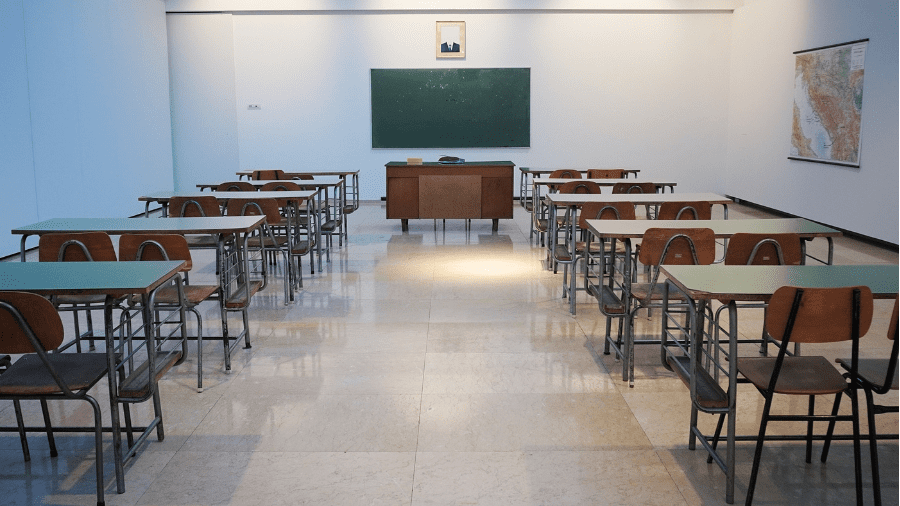By Ken Coates, November 21, 2022
The kids are back in school. It has been a rough ride since March 2020. Classes went into quick lockdown that spring, followed by two years of turmoil, trial and error, adaptation, and educational uncertainty. From elementary schools through colleges, polytechs, and universities, Canadian students, parents, teachers and administrators struggled, heroically, with the greatest educational upheaval in our history.
Education suffered significantly during this period of pandemic-inspired distortions. Yet the full details of the Canadian educational experience through the pandemic remains in the hands of provincial, territorial, and Indigenous authorities, school boards, and tens of thousands of teachers and parents. Unless proactive steps are taken, years may pass before we know the full effect of months and months of educational disruptions.
Memories of the nature and scale of the disturbances is already starting to fade. The students stayed home, often for months on end, with many locked in small apartments or homes. Teachers worked incredibly hard to move their classes online, with notable success. In the first months of the pandemic, no one knew how long the disruptions would last, so long-term planning was impossible.
The last months of the 2020 school year were effectively lost to meaningful instruction. Some students did fine, showing all the benefits of a strong work ethic, intellectual curiosity and, often, close parental oversight. Most students, however, struggled with the transitions. Some lacked access to the Internet or digital devices and did poorly with initial online instruction.
By the fall of 2022, schooling has finally returned to “normal,” although several colleges and universities returned to mask mandates in the late fall. Teachers did a remarkable job adapting to teaching with masks, socially distanced students, cancellation of almost all group activities, and extra-curricular programs. Most parents cancelled children’s parties and social events, disruptions that were extremely difficult for young children, while young adults had to skip key life events like graduation ceremonies and summer jobs.
It is impossible to be precise about the collective educational effects of the pandemic. There is mounting evidence of substantial absenteeism through the lockdown and modified reopening. Teachers at all levels will tell you that classroom videoconferences with the cameras often turned out to be a poor substitute for in-person instruction.
The pandemic also reinforced and deepened social inequalities in the country. Some well-off families paid for private tutors and provided excellent learning opportunities for their children. Many remote First Nations, in contrast, struggled to keep schools operational, had to cope with inadequate Internet connections and, in many instances, had their children trying to study and learn in seriously over-crowded homes.
For students in the lower grades, the loss of critical years of learning (grades 1 to 5) could well have serious consequences for their future development and life changes. Older students, especially those in Grades 10 to12, had their education disrupted, making the transition to post-secondary education particularly gruelling.
Canadians appear to have convinced themselves that all is fine in our education system. They are fooling themselves. Teachers have been through the wringer during the pandemic. Grade progression and transitions were interrupted, with varying degrees of seriousness. University instructors decry the weak preparation of many students and high school teachers worry about the pressure to expand social passes for students whose academic performance was sub-standard.
Canadian authorities need to assess the educational impact of the lockdown and the educational transitions. The country deserves full transparency on this topic, particularly how students have been affected by the disruptions. Although the federal-provincial division of powers makes this difficult, a coordinated national approach is needed to monitor, remediate and support students and their families.
This need not be an expensive intervention. Teachers and school administrators have shown themselves to be exceptionally responsive and adaptable. Clear and open conversation about a problem that most of the people in the field understand to be serious and widespread is essential. Careful and public documentation of the extent of the problem – such as difficulties with educational transitions – will allow the public to understand the challenges ahead.
An open discussion of the most significant lingering effects of the pandemic is sorely needed. It is the best way to ensure that the nation takes the steps necessary to overcome the educational consequences of the lockdown and begin to address the long-term inequalities exposed by the pandemic.
Ken Coates is a Distinguished Fellow and Director of the Indigenous Affairs Program at the Macdonald-Laurier Institute, and a Canada Research Chair at the University of Saskatchewan.






